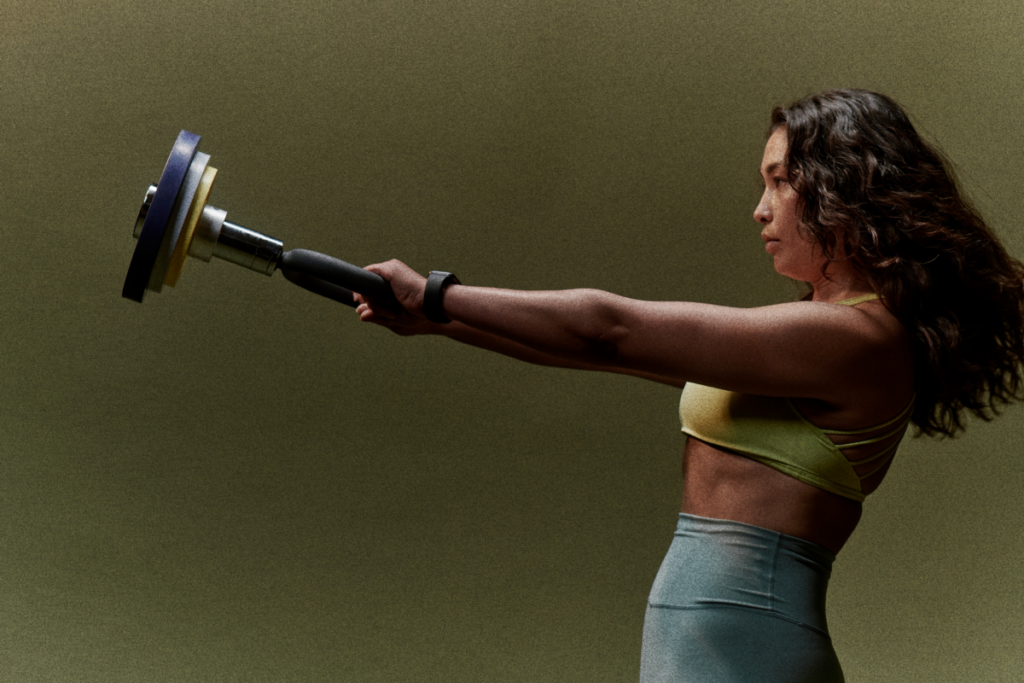The new Tempo is fully customized from start to finish.
What’s happening: With the help of AI, the smart strength training platform is now integrating biometric data from wearables, body scans, and 3D camera technology for a truly personalized at-home training experience centered on hyper-adaptable strength programs.
- Training plans are tailored to fitness level or goal, with optional in-app body composition scans to measure progress.
- Metrics like heart rate, sleep quality, and activity levels translate to a Readiness Score that’s used to generate an optimal workout each day.
- A mix of user feedback, health data, and live form-tracking drives in-the-moment adjustments for reps, time under tension, and rest time between sets.
- Integrations with top wearables like Apple Watch, Garmin, and WHOOP allow even further optimization.
CEO and co-founder Moawia Eldeeb says the new vision for Tempo goes beyond health data tracking to deliver an unrivaled personal training experience:
“With the new Tempo, we’re creating training plans that put you at the center and deliver an experience that’s even better than the world’s best personal trainer. No matter your fitness level, every workout is optimized to your body’s changing needs, every time you come back to train with us.”
New Direction
After raising ~$300M, Tempo gradually shifted focus from hardware to coaching — first by downsizing its product, then by rethinking its business model to keep pace in the hybrid landscape.
Now, it’ll join fitness tech companies in a novel AI application, all vying for a consumer that craves strength workouts, trainers, and personalized programming.
- Perch raised $4M for its 3D camera system that puts AI in the weight room, assisting strength coaches in the NBA, NFL, and NCAA.
- ARENA, OxeFit, and Vitruvian all recently beefed up their B2B efforts, targeting coaches and physical therapists with their smart strength machines.
- Altis partnered with Hyatt hotels, LA Fitness, and Life Time Fitness to put its AI personal trainer in gyms.
Meanwhile, other computer vision-assisted equipment makers have struggled since hitting pandemic highs, with Tonal’s valuation plummeting, sales of Peloton’s strength platform Guide flat, and lululemon looking to offload MIRROR.
Looking ahead: Tempo’s revamp removes the guesswork from workouts along with the cost barrier to quality personal training — but time will tell if its personalized algorithms and wearable integrations are impressive enough to pull exercisers away from the in-person experience.






